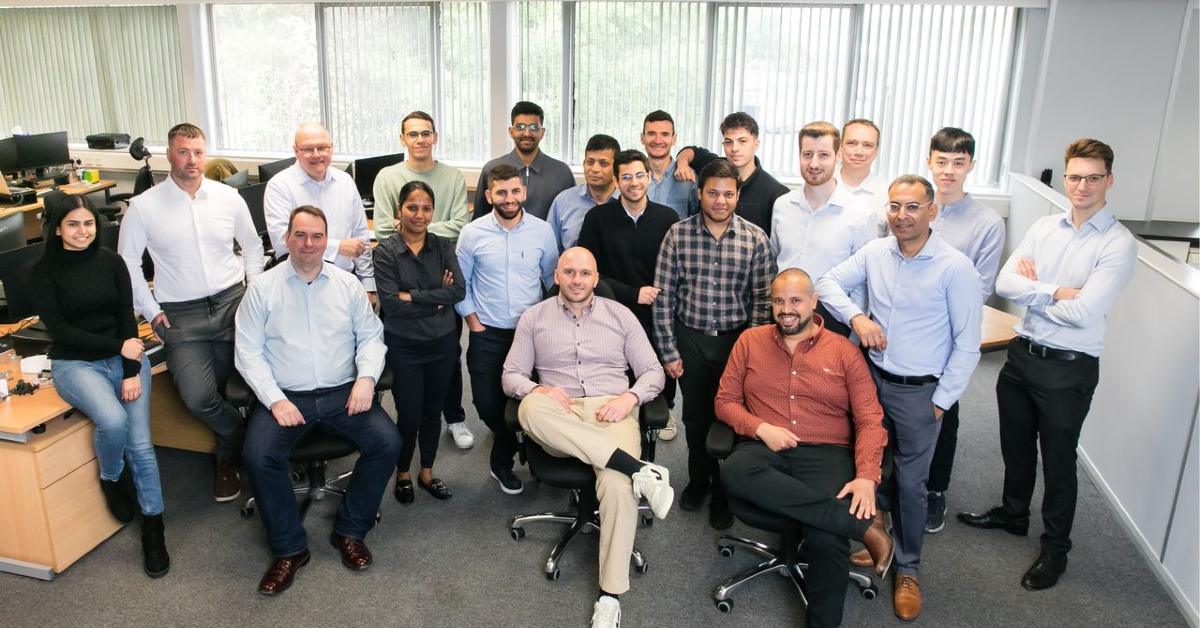You’re about to launch the next Facebook, the Uber for category X or the AirBnb for [whatever]. You’re a great entrepreneur, but this doesn’t automatically make you a legal specialist. And boy, is there a lot of legal business to take care of. Wendy Bogers is CEO of Ligo, which we recently covered after launching their new legal checklist Workflows. She shared some of the most common legal phenomenons to keep in mind when running or forming a startup.
1) Have a solid agreement with your co-founders
We get it. You’re the best friends in the world and together you’re ready to change the world. Nothing will come between you. The unspoken bond between you is enough of an agreement. Except for when it isn’t. Bogers: “We see startups approaching us without any written shareholders agreements. Or very basic ones, gathered from some random website.” This isn’t going to cut, according to Bogers. No matter how good you work together, a written agreement between shareholders is essential. Who gets what, when someone decides to leave the company? Against what price can a share be offered to the remaining shareholders? Bogers: “We recently heard of a startup that was in business for half a year, when one of the founders got ill and had to quit. Because there was no proper agreement, he took half of the shares after half a year work. You really don’t want to think about these agreements when you start a business, but trust me: you should.”
2) Don’t overpay for founding your company
Incorporating a B.V., a Dutch private limited liability company, is not rocket science. Getting everything ready should cost you no more than €300, says Bogers: “Sometimes investors demand that a big law firm takes care of everything. Sometimes these offices charge you €700, or even upwards to €2000 for the same documents. You don’t need an advisor to do this. There’s several options on the internet that guide you through the process, and you can get it done within ten minutes.”
3) Get the ownership of software
Software is what makes the startup world go around. But when your idea finally takes off, you want to make sure that everything you work with, is actually yours. “A lot of startups find an outside developer to create the software for them and usually this software is what creates the value for the company”, says Bogers. “This developer is automatically the owner of the software he or she created. Make sure you have a written agreement to transfer the ownership of the software to your company.” Bogers recently spoke with a startup that failed to do so. “They were in talks with investors and were looking at a valuation of €2 million. You can imagine the awkward talk they had to have with those investors, when they found out they didn’t actually own the software they used.”
4) Utilize Stock Appreciation Rights
Every cent counts when you’ve just started your business. There’s no money, yet you do want the most talented people. It is easy to promise them (options to) shares of the company. This can be tricky and requires a lot of paperwork. Bogers has a better solution: “You can opt to reward them with Stock Appreciation Rights (SAR). The SAR provides the employee with a cash payment based on the increase in the value of a stated number of shares over a specific period of time. This gives the employee an nice incentive, and for the company the SAR is deductible from the profits.”
5) Don’t forget this when hiring freelancers
Since May 2016 it is no longer required for freelancers to have a VAR to prove they work independently. This is replaced by so-called template-agreements, stating the freelancer is not an employee. Bogers: “The new rules of the tax authorities are very strict and they will check whether the freelancer is really working independently. He needs to be able to replace himself and has to have his own equipment etcetera”. If they find this is not the case, a freelancer can be taxed like an employee, which can lead to nasty fines for the startup that hired him.”
NB: More information can be found on the website of the Belastingdienst (Dutch).
Photo credit: 4/366: It’s so good to be back… via photopin (license)










01
From telecom veteran to Dutch Startup Visa success: The Jignesh Dave story